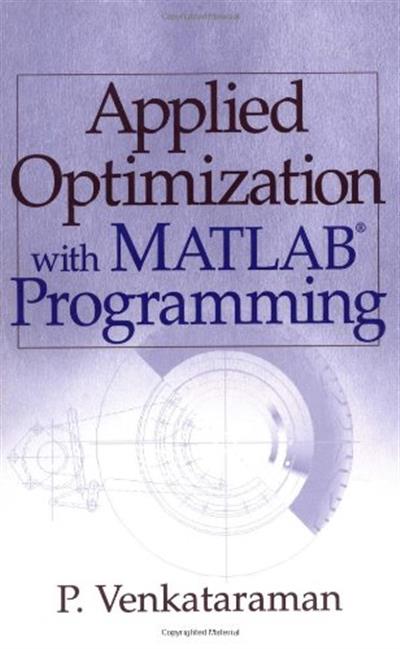English is referred to as a lingua franca, or a common language that allows people who do not share a dialect to communicate. While standard Chinese and Spanish have the honor of being the languages with the most native speakers in the world, English is the most used official language and the most widely spoken second language. Estimates indicate about of Earth speaks English either as a first or second language. So figuring out is a significant value in most countries and industries across the globe. Learning how to speak English confidently is a bit more difficult than picking up a few words and phrases, however. For those who are trying to learn how to speak English easily in conversations, you'll need to get beyond vocabulary lists and memorization and into studying how to speak English in context.
Practicing speaking English daily and getting feedback on your pronunciation is also essential. Rosetta Stone, who has been a trusted partner in language learning for over twenty-five years, understands how to help language learners speak English. The lessons you'll use are carefully crafted with a dynamic immersion method that builds towards confidence and encourages learners to speak English in real world conversations.
Rosetta Stone's lessons are also supported by feedback on pronunciation and bite-sized exercises that let you practice speaking when and where it's convenient for you. When learners begin to take lessons to learn how to speak English, it may be tempting to focus on vocabulary and grammar. But one of the difficulties in learning to speak English is the fact that the language has many irregularities.
Unleash your full potential in language learning. Speed up your language learning ability. Be of great assistance in your language learning course. Learn to initiate and maintain conversations with others in English in the way that you always wanted to. Double or triple your language learning ability.
Denver developmental screening test ii pdf files. In Japan Ueda translated the DPDQ into the Japanese language and standardized it in Tokyo, the capital of Japan. (Ueda 1983) Besides standardization, she conducted a crosscultural study about the DPDQ in the isolated Yaeyama Islands, in southern Japan. Sample Samples were 340 children, all under six years old, from Sawauchi Village, which is an isolated village in Iwate Prefecture in Japan. The purpose of this study is to examine the variation of the DPDQ scores by different cultural factors, especially urban and weather factors. Another purpose of this study is to compare the scores of the DPDQ in a rural village and an urban city with those already conducted in Tokyo and the Yaeyama Islands.
Some words called homophones have multiple meanings, and the English language is packed with idioms that have become part of common usage. Trying to help an English language learner parse out the meanings between to, too, and two could fill an entire day's lesson.

And if you try to grapple with phrases like getting your just deserts, cold shoulder, silver lining, and wild goose chase without context, you'll see that English can be overwhelming even for committed language learners. Those who focus on vocabulary acquisition and grammar may struggle to learn how to speak English with confidence, especially in impromptu conversations. That's why a successful language learning program should help contextualize learning English with practical phrases and exercise that help you speak the language. Those that don't step outside reading and writing textbook English might make embarrassing mistakes in real-world conversations. That's why it's important to rely on the context of the situation rather than grammar rules and sophisticated vocabulary.
Rosetta Stone understands how to help learners speak English in conversations with bite-sized lessons that focus on delivering spoken words alongside visual and audio cues. This approach gets you speaking from the very first lesson and contextualizes your practice.

Rosetta Stone's immersion method avoids teaching grammar rules as standalone concepts and helps learners develop a more nuanced understanding of how to speak English. This emphasis on speaking the language and practicing pronunciation develops confident English language learners who have the skills to engage in conversations. One of the most important objectives of any language learning program that teaches English is how to understand and be understood in conversations. While English certainly does have an, there are significant differences in word usage between English speakers in various countries. For instance, it's television in the United States, but you'd turn on the telly in the UK and Australia. That's why it's best to keep your sentences simple in the beginning and focus on learning how to pronounce English words easily to build confidence.